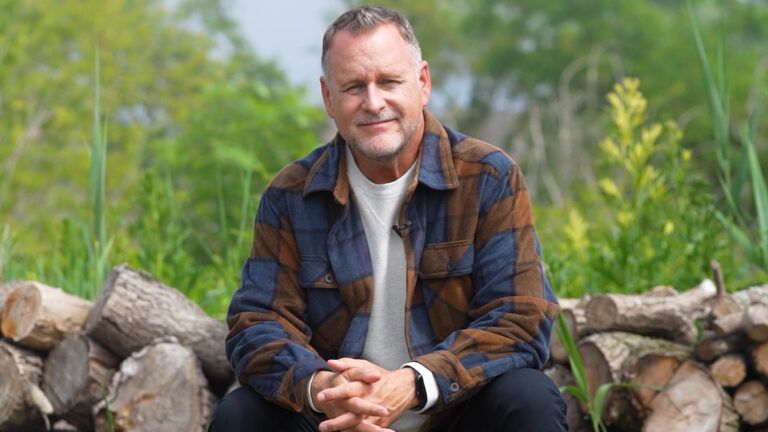Many people with substance use disorders fear they will never lead fulfilling lives. Perhaps they have struggled with addiction for decades. Perhaps they’ve tried treatment and it failed. Perhaps they’ve relapsed one too many times.
In fact, treatment for addiction is always possible. No one with a substance use disorder should live under the illusion that there is no hope.
A major challenge to treating substance abuse is the mistaken belief that recovery is simply a matter of willpower and can be achieved quickly. Substance use disorders are a form of chronic brain disease. Once addiction takes hold, the brain’s prefrontal cortex, which governs decision-making, becomes chemically subordinate to the need to keep using. In other words, addiction damages the brain’s ability to make rational decisions.
Like other chronic diseases, such as diabetes, addiction can be managed but not cured. It is unrealistic to expect to emerge from a 30-day rehab program free from addiction and ready to resume normal life. Management might be a better word than recovery. People learn lifelong skills for managing their disease. Here’s what works.
First, assessment by a licensed treatment professional, someone who can determine which kind of treatment is appropriate for each individual. A professional can also identify other issues—such as depression, anxiety or post-traumatic stress disorder—that factor into addiction and must be treated at the same time.
Second, participation in a 12-step recovery program that prioritizes regular meetings with others in recovery, learning new ways of living a sober life and seeking guidance from a higher power.
It sounds like a lot. But recovery doesn’t happen all at once, and each step is manageable, especially when it is being overseen by professionals and undertaken in the company of others.
No one is too addicted for treatment. At Caron, we have programs for people in their retirement years who have struggled with substance abuse for decades. Many are among our most successful patients.
With the right help, the right treatment program and a commitment to making a lifelong change, individuals and families can live healthy and productive lives. There is always hope.
DR. MICHELE POLE
Director of Psychological Services
Caron Treatment Centers






